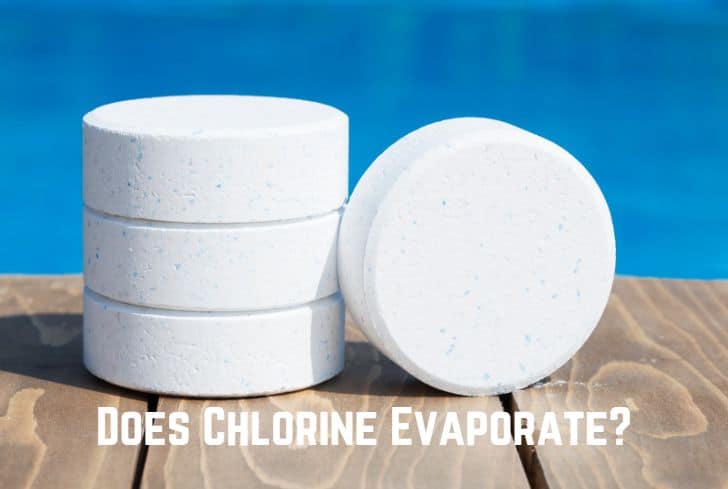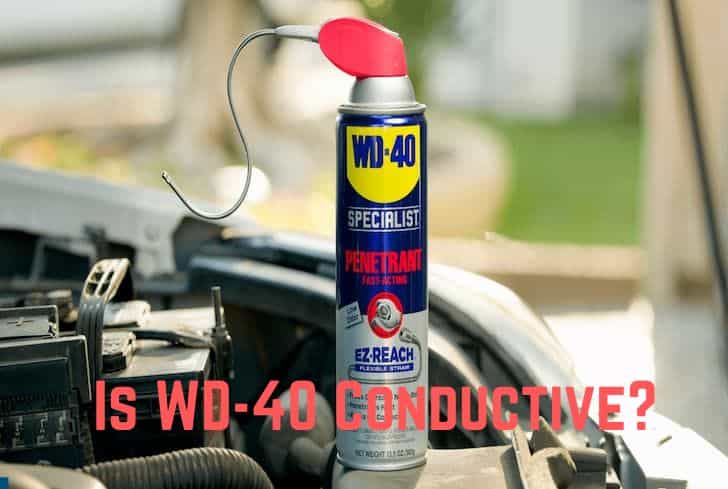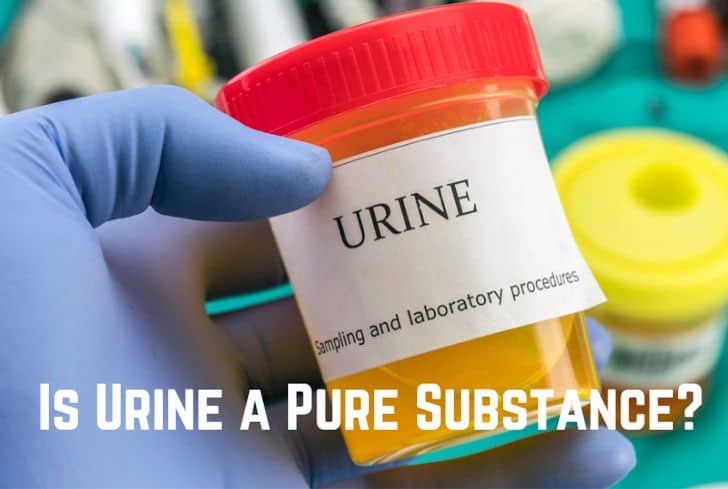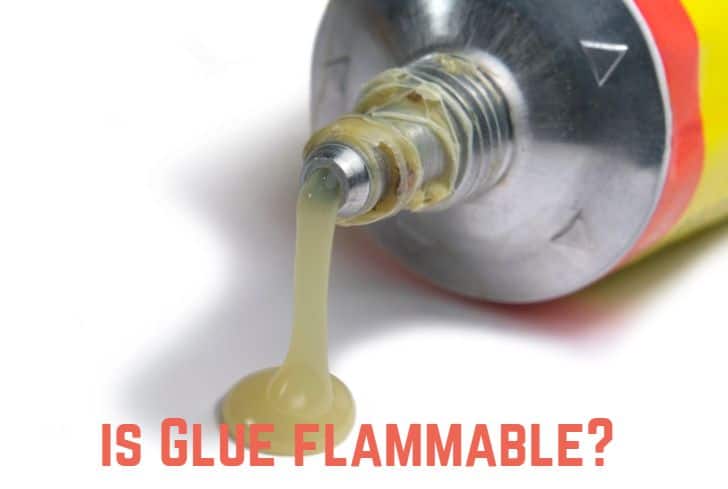Does Oil Evaporate? (Mineral Oil, Motor Oil and Lamp Oil)
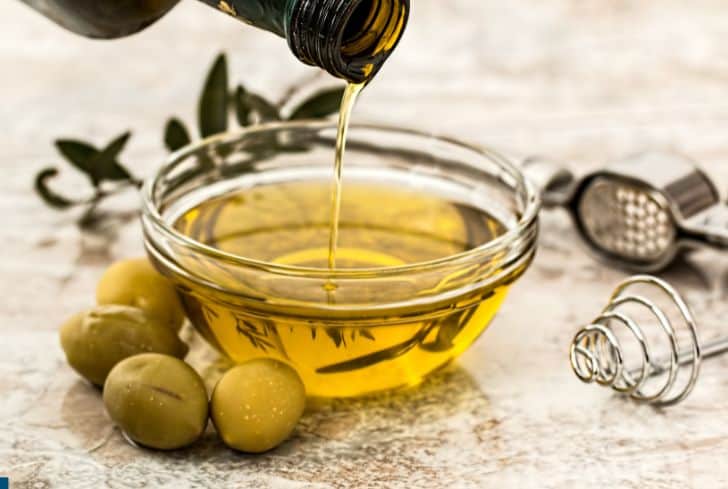
Nature and how everything functions have so many fascinating aspects. Have you ever wondered how basic things work, such as what happens to oil? When heating oil, why do you observe smoke? Could it be evaporating? Does oil evaporate?
That is one of the many questions we will answer in this article. You should continue reading if you’ve ever wondered whether oils like mineral, lamp, kerosene, coconut, olive, motor, heating, or crude oil evaporate. We also let you know whether oil evaporation occurs at room temperature or in the sun.
Does Oil Evaporate?
Some oils do evaporate. However, not as fast as water or other liquids. Different oils evaporate at various rates based on their nature. Not all oils evaporate. The impact of heat on the oil molecules determines whether a specific oil will evaporate or not.
Oil molecules are made up of different substances, and sometimes people confuse the evaporation of these with oil molecules.
Oil is a chemical that is both immiscible (cannot be mixed or blended) with water and hydrophobic (naturally repels water). Carbon and hydrogen are the two compounds that makeup water. You’ll observe that the oil loses its scent after a while if you keep it open. Not the oil molecule, but the smell molecules evaporate in this instance.
Oil reaches two points during heating: the boiling point and the smoke point. Oil decomposes, and some types of molecules evaporate when it is heated. The entire oil molecule will evaporate when it reaches the boiling point. The oil molecule, however, breaks down into various substances at the smoke point. At their rate, the substances will evaporate.
Does Mineral Oil Evaporate?
Mineral oil does not evaporate at room temperature. However, compared to synthetic lubricants, mineral oils lose more moisture to evaporation. But some people believe mineral oils evaporate because they absorb more quickly. Mineral oil will not evaporate in great quantities, even at high temperatures. According to OSHA, mineral oil is not flammable and has a very slow rate of evaporation because it is a fixed oil.
Mineral oil is a type of oil made from petroleum byproducts. A few common mineral oils include paraffin, light mineral oil, and alabaster polish. Mineral oils can also be used as fuel for some machines, as brake fluid, and as a submerging liquid for electronics components.
Does Motor Oil Evaporate?
Motor oil does not evaporate at normal temperature. When exposed to extremely high temperatures, however, the motor oil will evaporate. At 572 degrees Fahrenheit, motor oil begins to evaporate. When you park it in extreme heat, your car’s motor oil will begin to evaporate in small amounts.
Because of this, oil spilled on the ground but hasn’t been exposed to extreme heat will take a while to evaporate.
The insufficient energy of the molecules in motor oil prevents it from evaporating at room temperature. Only a quart of motor oil should evaporate every 2000–3000 miles. There is a chance that your car has an interior leak if more evaporates than this quantity. So if you notice your motor oil decreasing and the car is parked, you’ll need a mechanic to check your vehicle.
Does Lamp Oil Evaporate?
Lamp oil won’t evaporate if the necessary temperatures are maintained and the storage containers are properly sealed. You can store lamp oil for up to two years without evaporation being a concern. If you keep it longer, you must keep the lamp oil in its original container and cool and tightly sealed. Lamp oil evaporates in warm temperatures. At 15 degrees Fahrenheit, lamp oil begins to freeze and solidifies.
The lack of a tight seal increases the likelihood that the lamp oil will evaporate over time, becoming thick and unusable. Clear lamp oil is what you want to use. The oil should be disposed of if it appears thick and cloudy since it is no longer suitable for use.
Lamp oil is a member of the kerosene family but has been refined to produce a cleaner burn. It doesn’t smell like kerosene and might even have other attractive odors. Despite costing more than kerosene, the oil does not burn as brightly.

Does Olive Oil Evaporate?
Yes, olive oil evaporates very slowly, and the amount is negligible. But when heated, olive oil evaporates as its compounds are very delicate. Heating olive oil does not make it lose its health benefits, but it can lose a bit of its flavor. However, you must note that olive oil is a fixed oil and is bound to leave a sticky buildup after it evaporates.
Some people use olive oil for cooking, and others use it for medicinal purposes. It is a healthy oil for cooking due to its high level of antioxidants.
Does Coconut Oil Evaporate?
Coconut oil is one of the most naturally stable oils, which doesn’t evaporate. Unlike water, which is composed of small inorganic molecules, coconut oil is composed of large organic carbon molecules. Evaporation is made possible by the ability of these small inorganic molecules to split apart and separate component units.
However, the big organic molecules in coconut oil do not split. When they separate into smaller parts, they still exist as individual oil droplets.
Although the qualities of coconut oil may change when exposed to direct sunshine, the oil will not evaporate. Coconut oil won’t even evaporate when heated to high temperatures. But why does coconut oil start to smoke and seem to reduce after being heated in a pan? That isn’t evaporation; rather, it’s the process of splitting the oil into smaller components.
The olive oil doesn’t reduce but forms a film on your pan rather than a large pool. The area around and above your pan will have tiny droplets of oil that the steam raises. That explains why your pan has grease on it.
Does Heating Oil Evaporate?
Heating oil doesn’t evaporate until it hits the vapor point, 140 degrees Fahrenheit (the temperature at which it turns to vapor and starts to evaporate). Most places fall far short of these temperatures. However, since heating oil ignites at 160 degrees Fahrenheit, you should exercise caution. If you spill heating oil, you can clean it with standard dish soap and water because it does not evaporate.
Water and biological growth impact the storage of heating oil; hence evaporation is not the main concern. Over time, water will collect at the bottom of your tank due to oil condensation. Inside the water, biological growth will take place.
Therefore, if you are storing oil for longer than a year, you should use a diesel additive that stabilizes the oil. If your storage will last for several years, add a biocide.
Does Crude Oil Evaporate?
The amount of crude oil that evaporates is determined by factors such as temperature. For instance, crude oil evaporates more quickly in a hot environment than in a cold one. The type of crude oil will also affect how quickly it evaporates. The different crude oils and their evaporation rates are shown below:
- Light volatile crude oils: These types have a rapid spread, high evaporation rate, and are very fluid. The oils are easily removed with water and don’t adhere to surfaces. Many of the highest crude oils are found in this category.
- Non-sticky crude oils: These kinds feel waxy and adhere strongly to surfaces. But a forceful flush will get rid of them. As the temperature rises, evaporation takes place.
- Heavy, sticky crude oils are usually brown or black and very sticky. Their evaporation rate is very slow and mainly consists of medium to heavy crude oils.
- Non-fluid crude oils: Mostly made up of heavy crude oils, which only slowly evaporate when heated. The oils are typically found in solid forms in cooler environments.
Does Oil Evaporate in the Sun?
While the oil does not evaporate in the sun, the sun does cause other chemical reactions. Sunlight has a huge impact on how dispersants work. Dispersants also contain surfactants which help oils to break into small droplets. But for the surfactants to do their work, they must mix well with oil and water. However, we all know oil and water don’t mix, right?
Now, sunshine ensures that the surfactants can’t function by breaking chemical bonds in oil. Sunlight releases these chemical bonds, making space for oxygen to attach. Because of this, it is difficult for the dispersants to separate the oil into tiny droplets. Oil will evaporate more readily if it is broken down into tiny droplets.
Does Oil Evaporate at Room Temperature?
Yes, it does, but the rate will depend on the type of oil. For example, volatile oils will evaporate slightly faster than fixed oils.
Here are some definitions of volatile oils and fixed oils in case you’re curious:
- Volatile oils evaporate when exposed to air at normal temperatures but usually at a very slow rate. It can take months and even years for oil to evaporate. Plant tissues are typically used to create essential oils. Volatile oils can be produced naturally by steam extraction or synthetic methods. They have higher concentrations of hydrophobic substances.
- Fixed oils do not evaporate when exposed to air at ordinary temperatures. They are derived from plant seeds and animals. You can mix fixed oils with essential oils. They are soluble in lipid solvents such as benzene, chloroform, light petroleum, and ether. Some examples of fixed oils are sunflower oil, coconut oil, olive oil, and almond oil.
Why Does Oil Evaporate Slowly?
When compared to water, oil tends to evaporate at a slower rate. This is primarily due to the greater mass of oil molecules. Oil has stronger and more resistant intermolecular forces. The oil takes longer to break down, making evaporation slower.
Conclusion
Oils come in various forms, and they all evaporate at varying rates. Knowing the type of oil, you are working with will help you determine how to store it based on how quickly it evaporates. While fixed oils need a higher temperature to evaporate, volatile oils do so at room temperature.


